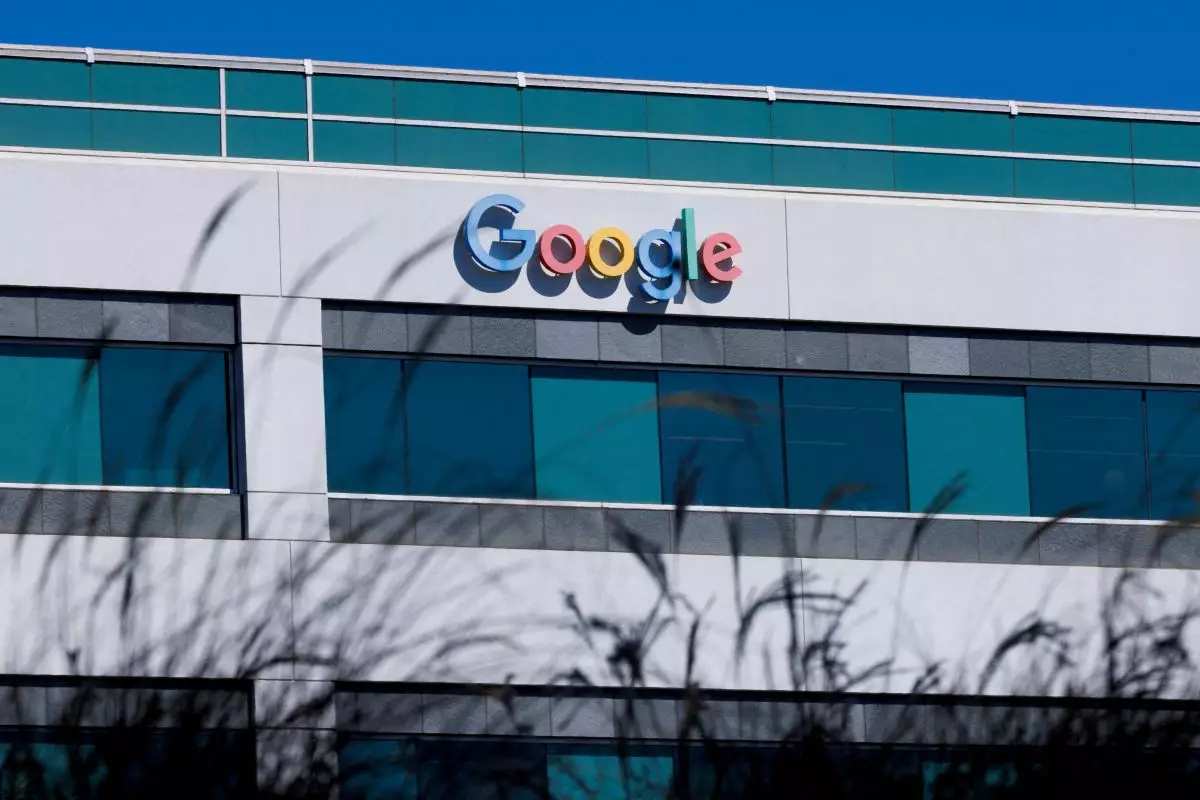A significant development in the ongoing antitrust litigation involving Google and Epic Games transpired when a federal judge in California issued a temporary pause on a previous ruling mandating changes to Google’s Play Store. U.S. District Judge James Donato’s decision reflects the complexities of the case, which revolves around allegations of monopolistic practices in the Android app distribution market. This pause, allowing Google to maintain its current operations while a higher court assesses the situation, underscores the intricate relationship between legal proceedings and corporate practices in the tech industry.
In its defense, Google contended that the measures ordered by Judge Donato could inflict severe harm on the company and compromise security and privacy standards for Android users. The tech giant claimed that altering the existing structure of the Play Store posed “serious safety, security, and privacy risks,” a position that highlights the tension between consumer choice and potential risks associated with unregulated app distribution. Google’s concerns reflect a broader dialogue about the balance between innovation and regulatory intervention in software ecosystems.
Epic Games, the developer behind the popular game “Fortnite,” frames the ruling as a procedural maneuver while asserting that Google’s appeal lacks merit. The company accused Google of employing “fearmongering” tactics to maintain its dominion over Android devices and inflate profit margins through excessive fees. This dichotomy reveals a stark contrast in motivations: Epic seeks to disrupt what it sees as an unfair monopoly, whilst Google aims to protect what it deems essential operational standards. As litigation progresses, both parties showcase their contrasting philosophies regarding market control and consumer access.
Judge Donato’s original order was grounded in findings from a jury that sided with Epic Games, affirming that Google had unfairly monopolized the app download process and dictating payment methods for in-app transactions. The now-delayed injunction would require Google to open its platform to alternative app stores and allow varied payment options. This represents a potentially seismic shift in a digital landscape typically dominated by major players like Google and Apple.
As the 9th U.S. Circuit Court of Appeals prepares to evaluate Google’s appeal, the broader implications of this case will resonate throughout the tech industry. Should the appellate court uphold Donato’s ruling, it could pave the way for enhanced competition and increased consumer choice, not just on Android but across all digital platforms.
As the legal battle continues, the focus remains not just on the specifics of the case but also on the overarching themes of competition, innovation, and regulatory boundaries within the technology sector. The outcome of this case could significantly impact the operational landscape for app distribution and developer relations, setting a precedent that may alter the balance of power between platform providers and software creators. This judicial engagement serves as a critical juncture in determining how digital marketplaces evolve in response to emerging legal frameworks and consumer needs.


Leave a Reply